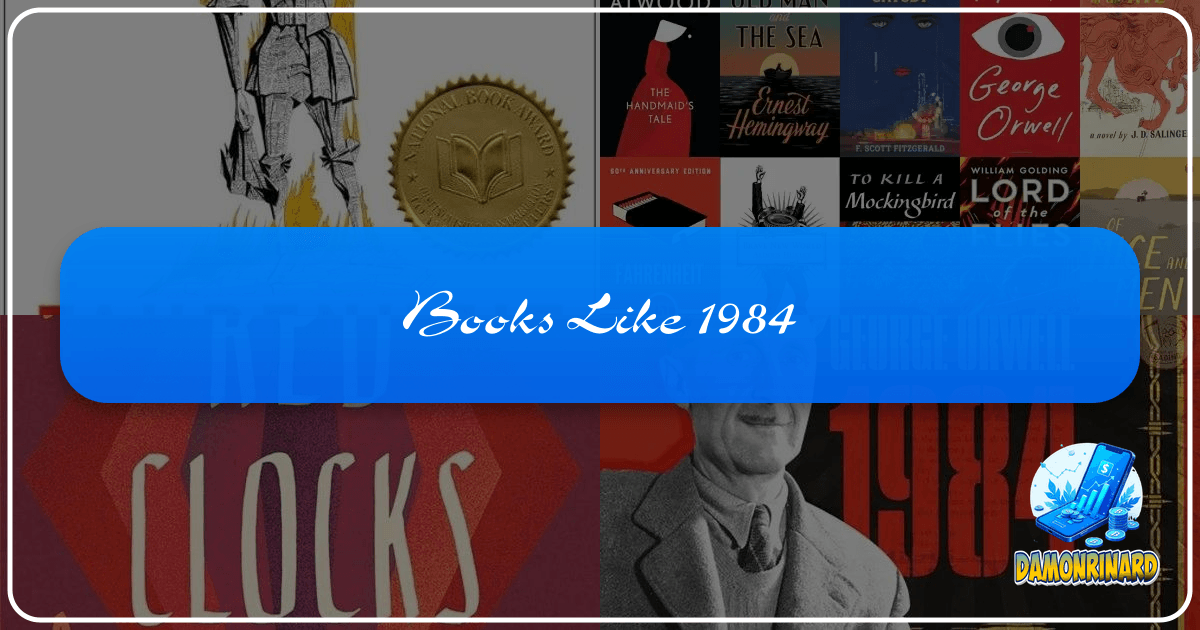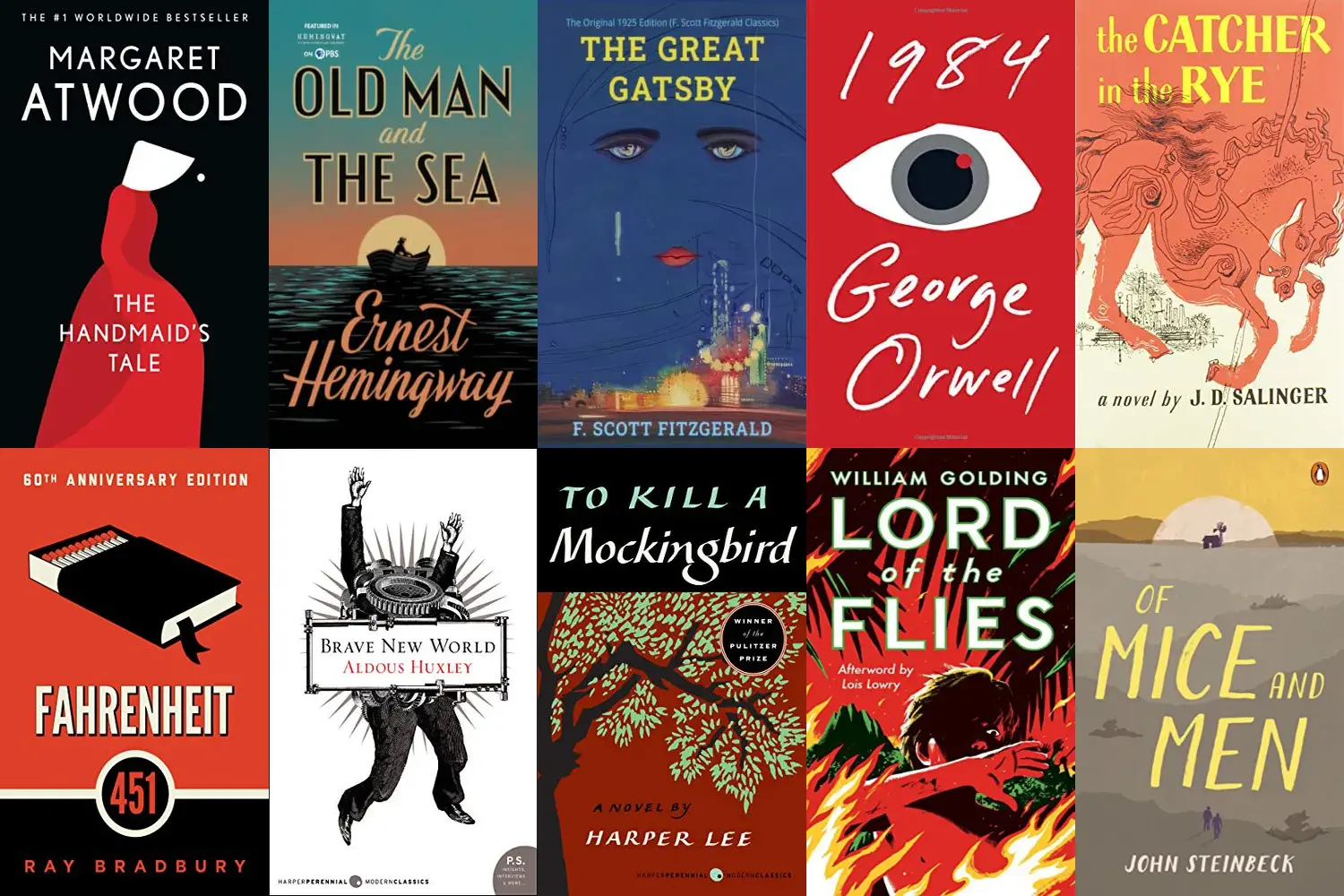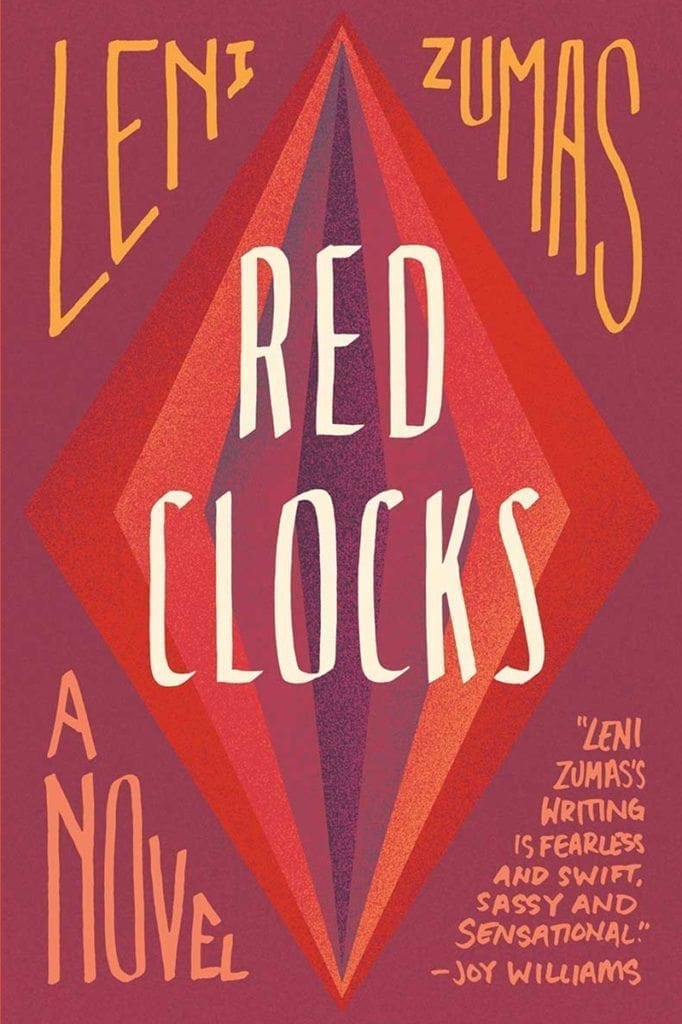Books Like 1984: Exploring the Dystopian Landscape

George Orwell’s Nineteen Eighty-Four, published in 1949, stands as an enduring monument in the landscape of dystopian literature. Its chilling vision of a totalitarian society, constant surveillance, and the manipulation of truth has resonated across generations, becoming a benchmark against which all subsequent tales of oppressive futures are often measured. More than just a novel, it’s a cautionary tale, a political statement, and a profound exploration of human nature under extreme duress. Its continued relevance makes it a perennial topic of discussion, inspiring countless readers to seek out other works that grapple with similar themes of control, freedom, and the struggle for individual identity.

At Lbibinders.org, we believe in the power of books to illuminate, challenge, and educate. Our focus on Books (Genres, Classics, Bestsellers, New Releases, Book Reviews), Authors (Biographies, Writing Style, Inspirations, Famous Works), Reading and Learning (Summaries, Educational Value, Life Lessons, Reading Habits), Libraries (Public Libraries, Digital Libraries, Rare Collections, Archives), and Cultural Impact (Literary Influence, Adaptations, Awards, Communities) provides a comprehensive framework for understanding literary masterpieces like 1984 and its companions. This article delves into the world of dystopian fiction, identifying key works that echo Orwell’s genius, exploring their educational value, and examining their profound cultural footprint.

Understanding the Dystopian Genre: The Enduring Legacy of 1984
The term “dystopia” refers to an imagined community or society that is undesirable or frightening. It is often characterized by oppressive social control, a totalitarian government, and the systematic suppression of individual rights. Unlike utopias, which present idealized societies, dystopias serve as grim warnings, extrapolating current societal trends or political ideologies to their most terrifying conclusions. 1984 epitomizes this genre, crafting a meticulously detailed world where every aspect of life, from thought to history, is controlled by the Party and its omnipresent leader, Big Brother.
The novel introduces us to Winston Smith, a low-ranking member of the Outer Party, whose nascent rebellion against the Party’s lies and psychological torture forms the core of the narrative. Orwell’s prose is stark, precise, and utterly terrifying in its depiction of a society where “War is Peace,” “Freedom is Slavery,” and “Ignorance is Strength.” His writing style, often described as unadorned and direct, powerfully conveys the bleakness and despair of Oceania. The inspiration for 1984 stemmed largely from the rise of totalitarian regimes in the 20th century—Stalin’s Soviet Union and Hitler’s Nazi Germany—and Orwell’s deep concern about the future of political freedom and objective truth. His work serves as an invaluable lesson in critical thinking, urging readers to question authority and recognize the insidious ways power can be abused.
Core Themes and Warnings

1984 is a masterclass in thematic development, offering a wealth of educational value and life lessons that remain strikingly relevant today. Its primary themes include:
- Totalitarianism and State Control: The Party’s absolute authority, exercised through omnipresent telescreens, the Thought Police, and constant propaganda, demonstrates the ultimate dangers of unchecked power. Readers learn about the mechanisms of totalitarian rule, from surveillance to the destruction of privacy.
- Truth and Historical Revisionism: The Ministry of Truth’s constant alteration of historical records and news highlights the fragility of objective truth. Orwell’s concept of “doublethink”—the ability to hold two contradictory beliefs simultaneously—is a chilling portrayal of cognitive manipulation. This theme is crucial for understanding the importance of media literacy and critical evaluation of information in our own digital age.
- Loss of Individuality and Freedom: The Party seeks to eradicate all forms of individual expression, love, and loyalty outside of the Party. Winston’s struggle for personal thought and memory underscores the profound human need for autonomy and self-identity.
- Language and Thought Control (Newspeak): The creation of Newspeak, a language designed to narrow the range of thought, is one of Orwell’s most ingenious and terrifying inventions. By eliminating words, the Party seeks to eliminate the very concepts they represent, demonstrating the profound link between language and thought. This provides an excellent lesson in linguistics and critical analysis of rhetoric.
These themes offer invaluable summaries of the challenges facing human societies, prompting readers to reflect on their own freedoms, their relationship with information, and the role of the state. The enduring discussions around 1984 in educational settings, reading groups, and online communities on platforms like Lbibinders.org underscore its continuous ability to provoke thought and inspire vigilance against potential abuses of power. The book is not just a story; it’s a manual for understanding the mechanics of oppression and a call to protect the fundamental tenets of a free society.
Classic Dystopian Counterparts: Pillars of the Genre
While 1984 might be the most recognized classic dystopian novel, it stands alongside other foundational works that explored similar anxieties from different angles. These classics, often read together in curricula worldwide, offer varied perspectives on what constitutes an ideal society gone wrong and the perils of societal engineering. Understanding these books not only enriches our appreciation for the genre but also provides a broader understanding of human fears and aspirations across different eras.
Brave New World: A Different Kind of Control
Aldous Huxley’s Brave New World, published in 1932, presents a stark contrast to Orwell’s vision, yet achieves a similarly chilling effect. Where 1984’s citizens are controlled through pain, fear, and constant surveillance, Huxley’s World State subjugates its population through pleasure, conditioning, and genetic engineering. From birth, individuals are pre-destined for specific social castes (Alphas, Betas, Gammas, Deltas, Epsilons) and conditioned through hypnopaedia (sleep-teaching) to love their servitude. They are kept perpetually content through soma, a hallucinogenic drug that offers instant gratification without consequences, and pervasive promiscuity.
Huxley’s writing style is more satirical and intellectually playful than Orwell’s, yet equally incisive in its critique of technological advancements without ethical frameworks. His inspirations included the burgeoning industrialization, scientific breakthroughs in genetics and psychology, and the perceived shallowness of mass consumer culture in the early 20th century. The educational value of Brave New World lies in its exploration of themes such as:
- Technological Control and Genetic Engineering: The novel raises profound ethical questions about the manipulation of human biology and psychology for societal stability.
- Consumerism and Instant Gratification: It critiques a society where happiness is manufactured, and individuals are encouraged to consume rather than think or feel deeply.
- The Loss of Individual Identity and Freedom: While seemingly free and happy, the citizens of the World State are utterly devoid of genuine individuality, personal struggle, or meaningful relationships.
- The Role of Art, History, and Religion: These elements are suppressed or altered because they lead to discomfort and individuality, which the World State cannot tolerate.
Comparing Brave New World with 1984 provides a powerful lesson in understanding different forms of control: one through coercion, the other through consent and manufactured happiness. Both offer crucial insights into the potential for societies to sacrifice true freedom for perceived stability or pleasure, making them essential reads for anyone interested in social philosophy and the future of humanity.
Fahrenheit 451: The Power of Information Suppression
Ray Bradbury’s Fahrenheit 451, published in 1953, adds another critical dimension to the dystopian canon: the systematic suppression of knowledge and the destruction of books. In this world, firemen don’t extinguish fires; they start them, burning books because they are deemed dangerous, causing unhappiness and fostering dissent. The protagonist, Guy Montag, is a fireman who begins to question his role and the nature of his society after encounters with a free-thinking young woman and a woman who chooses to die with her books.
Bradbury’s prose is poetic and evocative, utilizing powerful imagery to convey the sensory experience of a world devoid of literature and critical thought. His inspiration came from the McCarthy era’s censorship and witch hunts, as well as his own fears about the increasing prevalence of television and other passive forms of entertainment replacing serious reading. The famous works of Bradbury, beyond Fahrenheit 451, often explore the human relationship with technology and the fragility of intellectual freedom.
The educational value and life lessons derived from Fahrenheit 451 are profound:
- Censorship and the Importance of Books: The novel is a passionate defense of literature and the free exchange of ideas. It vividly demonstrates what is lost when information is controlled and dissenting voices are silenced. This reinforces the role of Libraries (Public Libraries, Digital Libraries, Rare Collections, Archives) as vital custodians of knowledge and democratic access to information.
- Conformity vs. Individuality: Montag’s transformation from an unthinking conformist to a seeker of knowledge highlights the courage required to challenge the status quo and embrace intellectual independence.
- The Dangers of Mass Media and Mind-Numbing Entertainment: The society in Fahrenheit 451 is obsessed with shallow entertainment and constant noise, mirroring Bradbury’s concerns about the trivialization of culture.
Fahrenheit 451 serves as a powerful reminder that the fight for knowledge and intellectual freedom is an ongoing one. Its message resonates deeply with readers who understand the vital role libraries play in providing access to diverse perspectives and the tools for critical thought. On Lbibinders.org, we celebrate these institutions as bulwarks against the kind of intellectual suppression depicted in Bradbury’s masterpiece.
Modern Dystopian Voices and New Releases
The dystopian genre is not confined to the classics of the mid-20th century. It continues to evolve, reflecting contemporary anxieties about technology, environmental collapse, social inequality, and political extremism. Modern authors draw inspiration from the foundational works like 1984, Brave New World, and Fahrenheit 451, but they also forge new paths, presenting unique perspectives on what a terrifying future might entail. Many of these newer works become bestsellers and garner critical acclaim, demonstrating the genre’s enduring power to capture the zeitgeist.
Margaret Atwood’s The Handmaid’s Tale (1985) is arguably the most significant post-Orwellian dystopian novel, particularly for its exploration of gender, reproductive rights, and religious extremism. Set in the Republic of Gilead, a totalitarian theocracy that has overthrown the United States government, it depicts a society where women are brutally subjugated, stripped of their rights, and forced into specific roles based on their fertility. Atwood’s intricate world-building, compelling characters, and powerful narrative voice have made this book a modern classic, spawning a critically acclaimed television adaptation and solidifying its place in discussions about Cultural Impact (Literary Influence, Adaptations, Awards, Communities). It serves as a stark warning about the potential for extremist ideologies to strip away fundamental human rights, especially those related to bodily autonomy.
Other notable modern dystopian works include:
- Cormac McCarthy’s The Road (2006): A post-apocalyptic narrative focusing on the survival of a father and son in a desolate, ash-covered landscape after an unspecified cataclysm. It explores themes of love, morality, and the human spirit in the face of absolute despair. Its raw, minimalist writing style and profound emotional depth earned it a Pulitzer Prize.
- P.D. James’s The Children of Men (1992): Set in a future where humanity faces extinction due to mass infertility, this novel explores themes of hope, despair, and the value of life. It offers a more philosophical take on dystopian themes, grappling with the meaning of existence when there is no future.
- Suzanne Collins’s The Hunger Games series (2008-2010): While often categorized as young adult fiction, this series presents a clear dystopian society in Panem, where a powerful Capitol controls twelve impoverished districts, forcing them to send tributes to fight to the death in televised games. It explores themes of class warfare, media manipulation, and resistance, making it accessible to a broad audience and hugely influential in popular culture.
Exploring Contemporary Relevance
These modern works demonstrate that the core anxieties driving dystopian fiction remain constant, but their manifestation changes with the times. Contemporary dystopian novels often explore:
- Environmental Collapse and Climate Change: Reflecting growing concerns about our planet’s future, many new releases depict worlds ravaged by ecological disaster, forcing humanity to adapt or perish.
- Technological Overreach: Beyond surveillance, modern dystopias delve into the ethical dilemmas of artificial intelligence, genetic editing, virtual reality, and the pervasive influence of social media on individual autonomy and societal norms.
- Economic Inequality and Class Warfare: With growing disparities in wealth, new dystopian narratives often highlight fractured societies where the elite thrive at the expense of an impoverished and oppressed majority.
- Identity Politics and Social Fragmentation: Issues of race, gender, sexuality, and cultural identity are explored in complex dystopian scenarios, examining how societies might oppress or redefine individual and collective identities.
Lbibinders.org actively reviews these New Releases and bestsellers in the dystopian genre, providing insights into their literary merit, their relevance to contemporary issues, and their connections to the classic works. Engaging with these newer voices not only keeps the genre fresh but also encourages readers to think critically about the present and the potential futures we are shaping. The continuous evolution of dystopian literature ensures that its educational value in warning against societal dangers remains as potent as ever.
The Enduring Cultural Impact and Educational Value
The influence of books like 1984 extends far beyond the pages of the novels themselves. Their themes, characters, and even their specific vocabulary have permeated popular culture, political discourse, and academic study. This profound Cultural Impact underscores the power of literature to shape our understanding of the world and to provide a shared language for discussing complex societal issues. From literary adaptations to awards and thriving reader communities, these dystopian classics continue to resonate deeply.
The term “Orwellian,” for instance, has become ubiquitous, used to describe government overreach, surveillance, or the manipulation of information—a testament to 1984’s lasting grip on the collective consciousness. Similarly, phrases like “Big Brother is watching you” are instantly recognizable, even by those who haven’t read the novel. This literary influence extends to countless other books, films, and television shows that draw inspiration from the dystopian template established by Orwell, Huxley, and Bradbury. These works serve as essential reading for anyone studying political science, sociology, ethics, or literary theory, offering rich ground for analysis and debate.
From Page to Screen and Beyond
The enduring appeal and societal relevance of these dystopian masterpieces have naturally led to numerous Adaptations. 1984 has seen multiple film versions, most notably the 1956 and 1984 adaptations, each attempting to capture the novel’s bleak atmosphere and harrowing themes for a new medium. Brave New World has also been adapted for film and television, with varying degrees of success in conveying its subtle complexities of societal control through pleasure. Perhaps most impactful in recent years is the critically acclaimed television series based on The Handmaid’s Tale, which has brought Atwood’s chilling vision to a wider global audience, sparking renewed conversations about women’s rights and authoritarianism. Fahrenheit 451 has also been adapted, including a notable film by François Truffaut, showcasing its visual potential.
These adaptations, while sometimes diverging from the source material, play a crucial role in maintaining the Cultural Impact of these works. They introduce the stories and their profound messages to new generations and different demographics, ensuring that their warnings continue to be heard. They also foster vibrant Communities of readers and viewers who engage in discussions about the narratives, their relevance, and their implications for the real world. Online forums, book clubs, and academic conferences regularly revisit these classics, exploring their nuanced themes and contemporary resonances.
Moreover, these books are frequently recognized with literary Awards, or are themselves the subject of awards that celebrate authors who continue to write in a similar vein. Their presence in Public Libraries and Digital Libraries worldwide is paramount. Libraries serve as crucial archives, preserving these “dangerous” or challenging texts, making them accessible to everyone, and fostering the very intellectual freedom that many dystopian societies seek to extinguish. They are places where individuals can freely access information, develop critical thinking skills, and engage with diverse perspectives—all vital safeguards against the dystopian futures these authors warned us about. Lbibinders.org champions the role of libraries in promoting literacy, learning, and the preservation of literary heritage, especially for works that challenge us to think deeply about our society.
In conclusion, the enduring legacy of 1984 and its literary siblings lies in their unparalleled ability to serve as powerful, perpetual warnings. They are not merely stories of what could be, but urgent calls to action to safeguard our freedoms, cherish objective truth, and resist the insidious creep of control. By exploring these Classics and New Releases through the lens of Authors’ insights, deriving Educational Value from their profound Life Lessons, and understanding their broad Cultural Impact, we equip ourselves with the intellectual tools necessary to navigate an increasingly complex world. Lbibinders.org is dedicated to guiding readers through this essential literary landscape, ensuring that the critical messages of these powerful works continue to enlighten and inspire for generations to come.